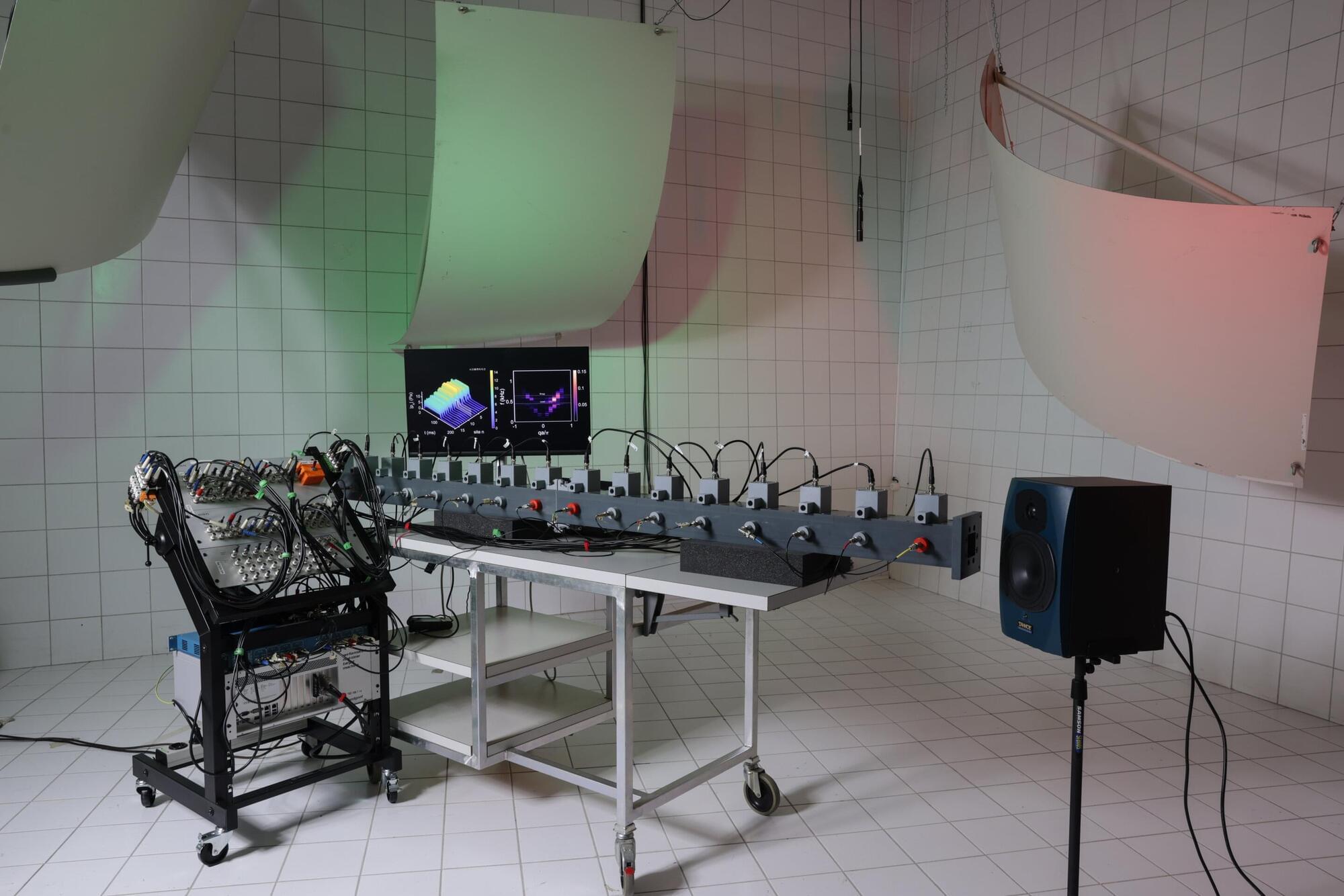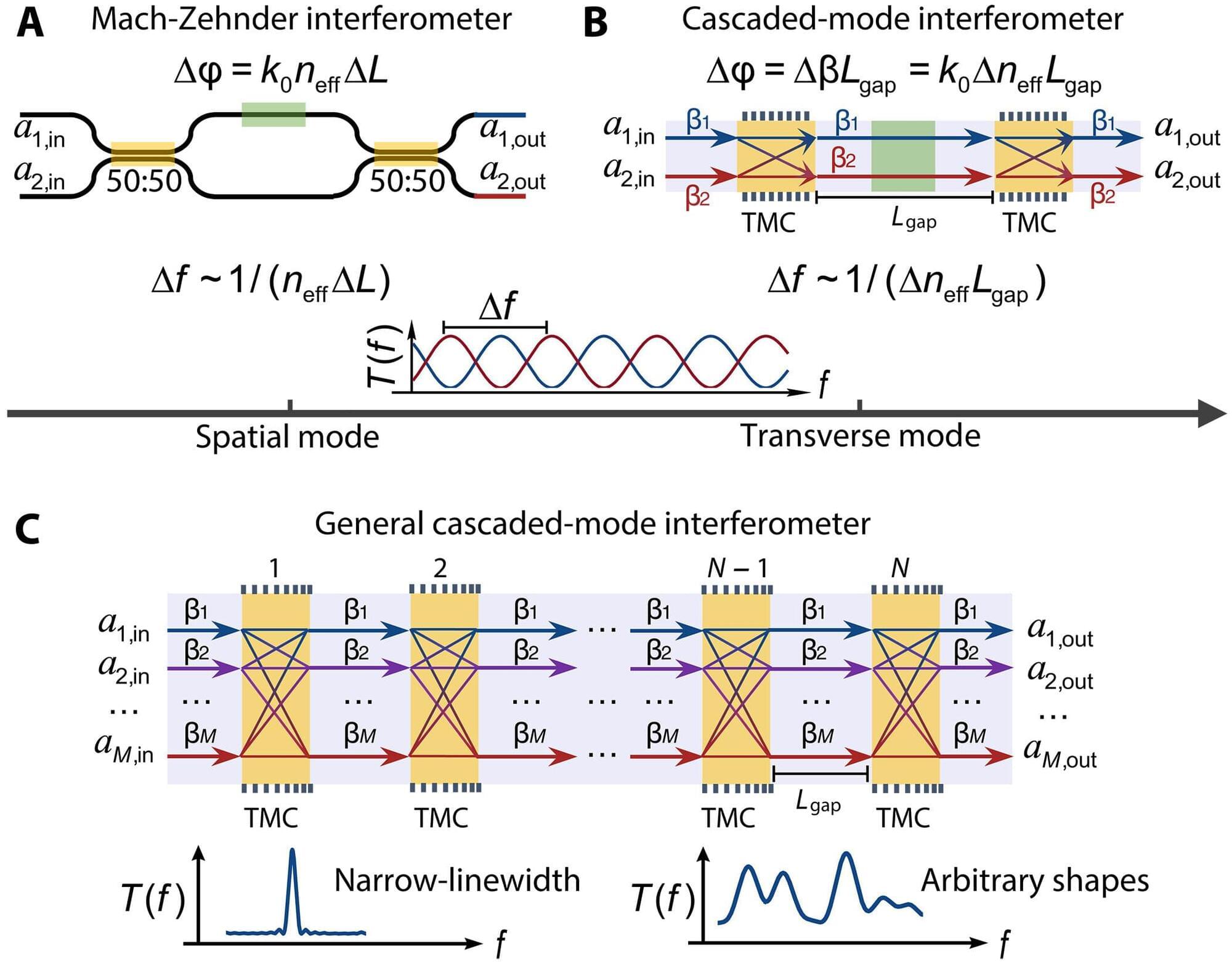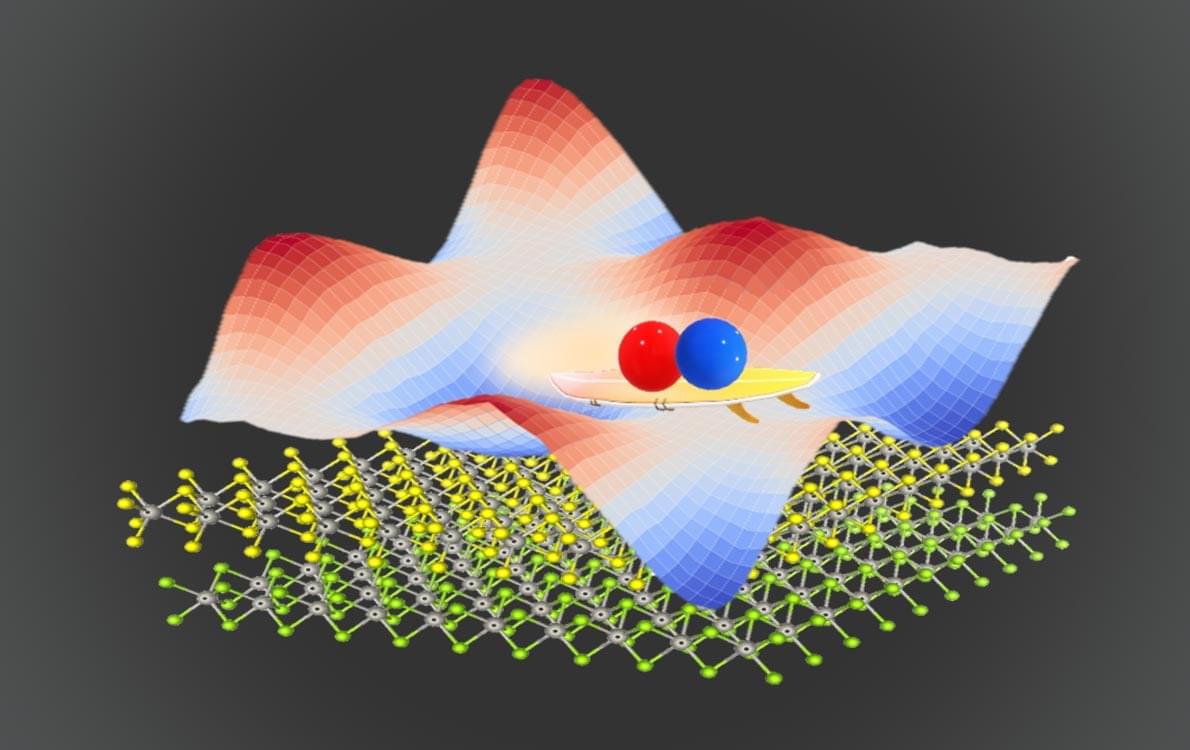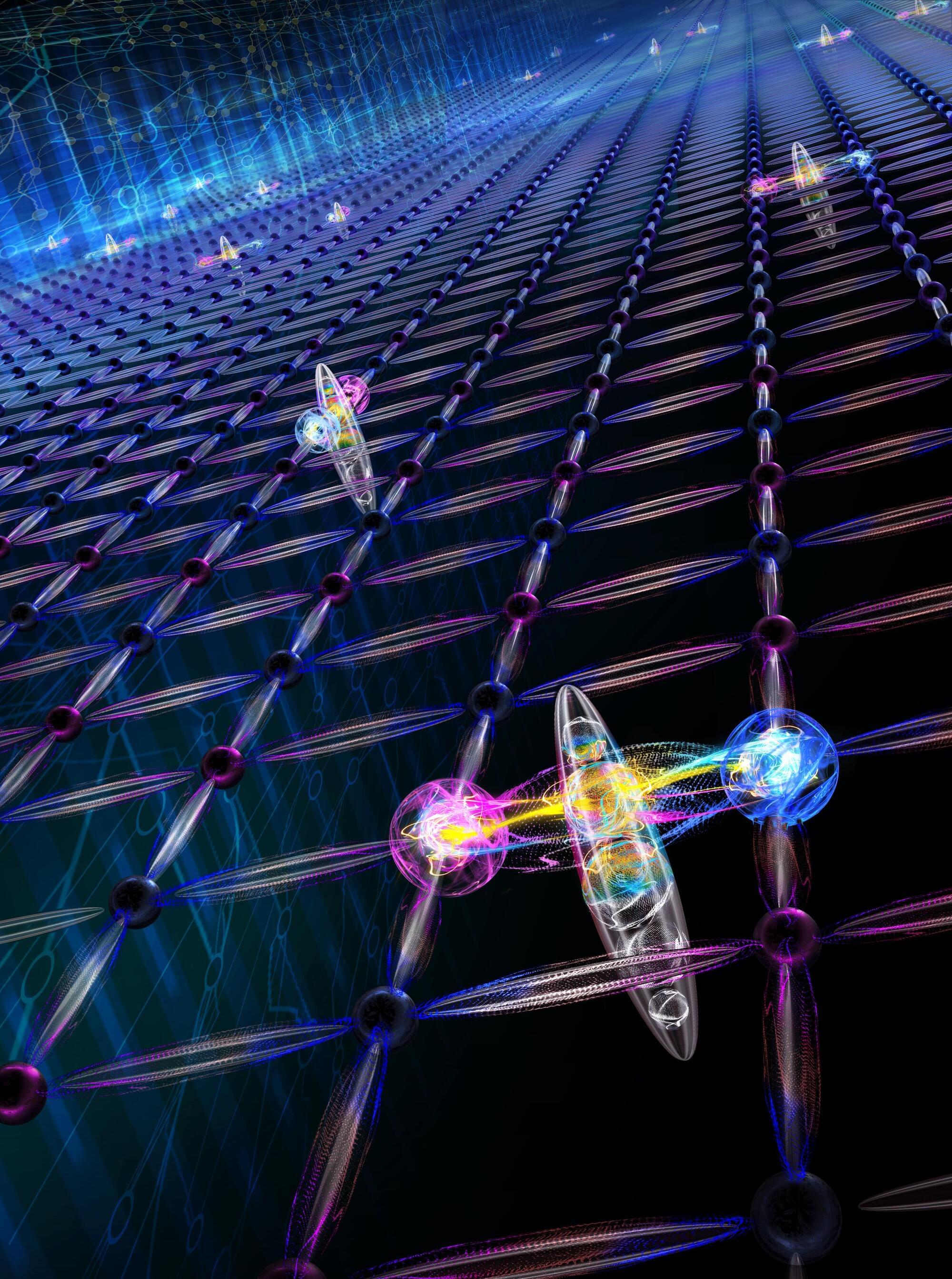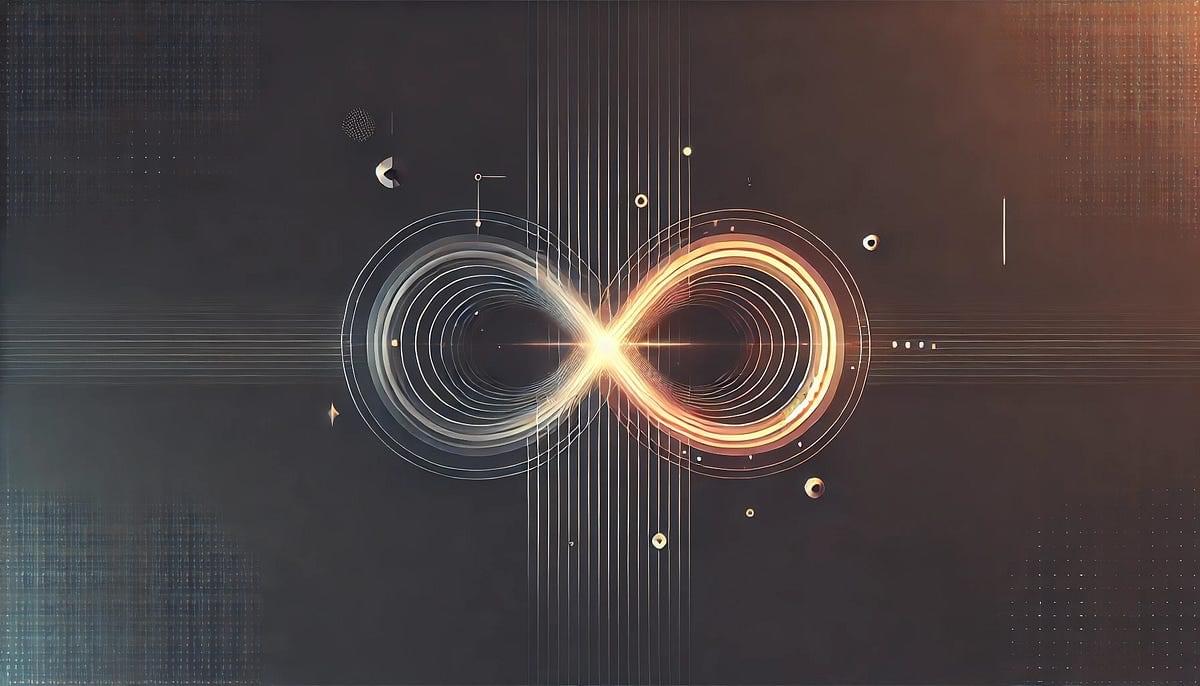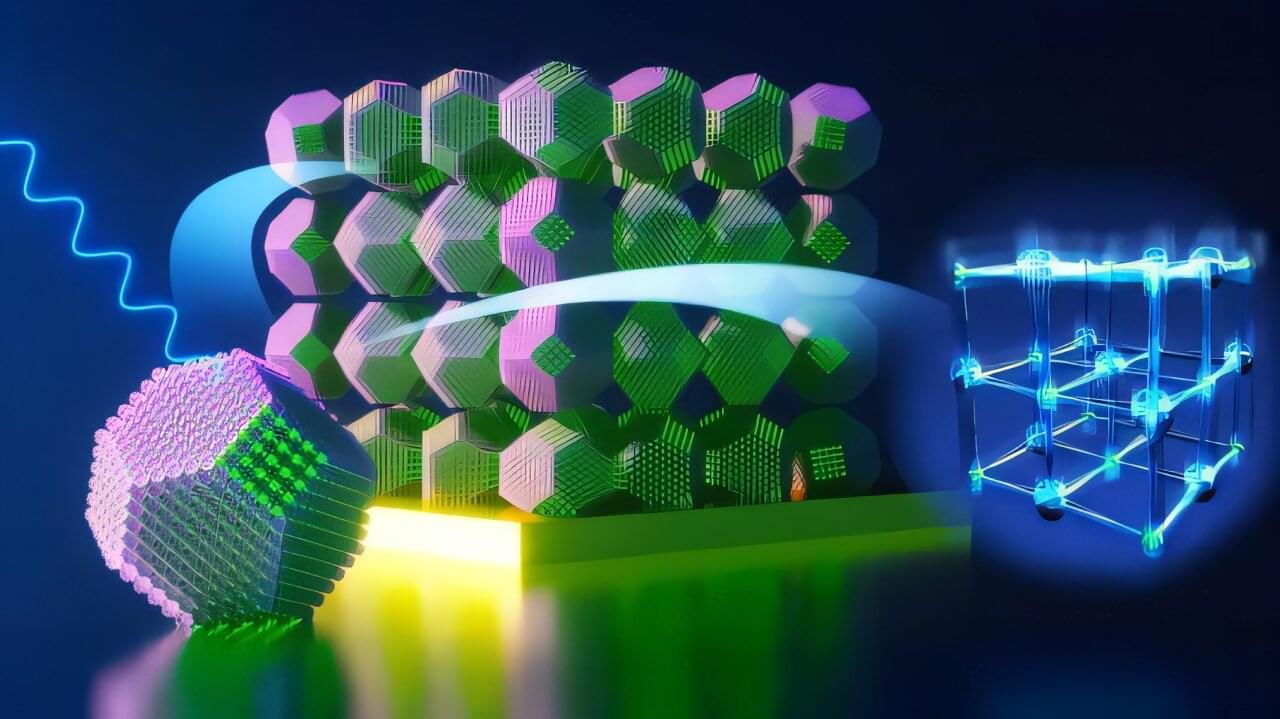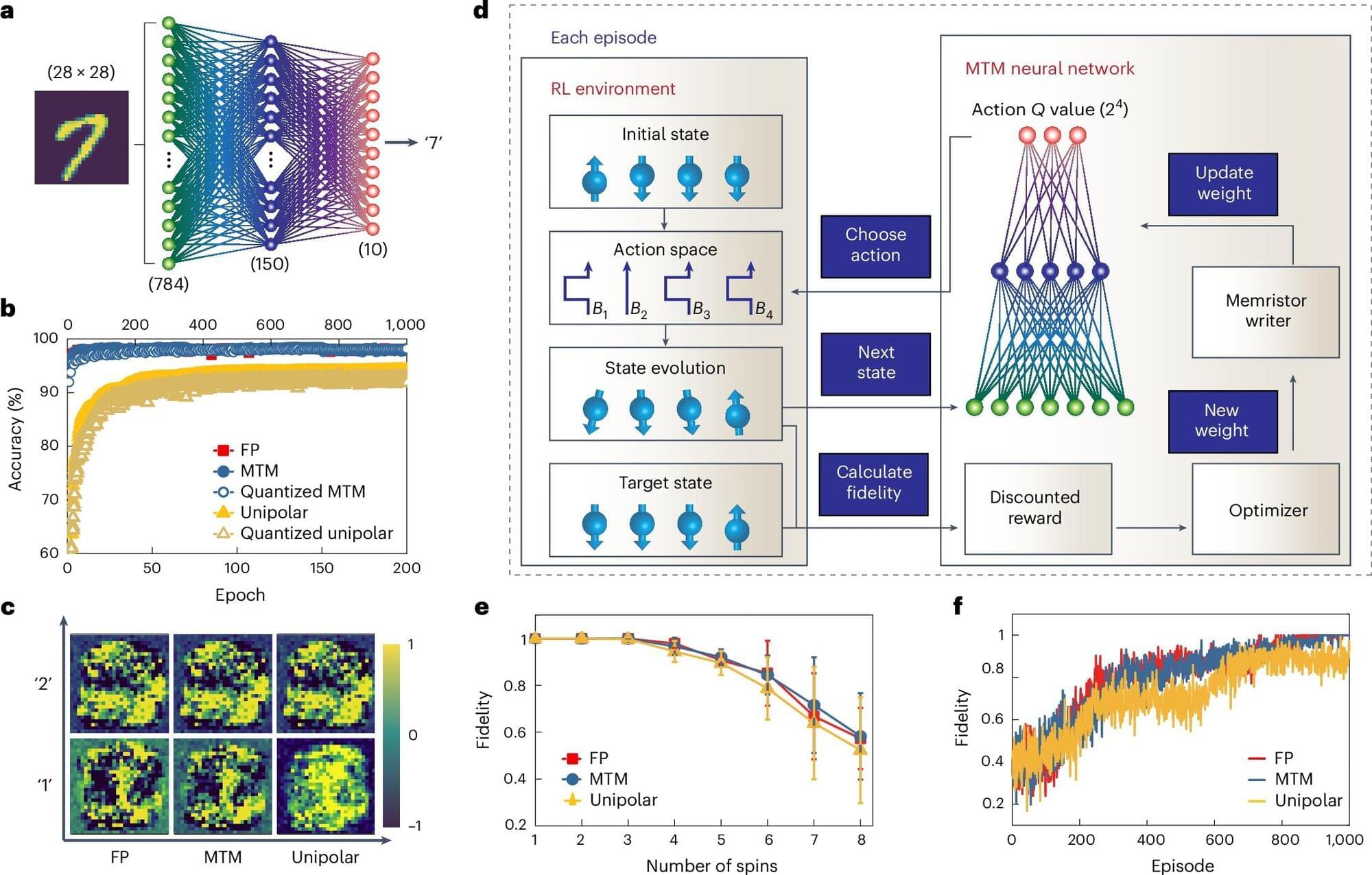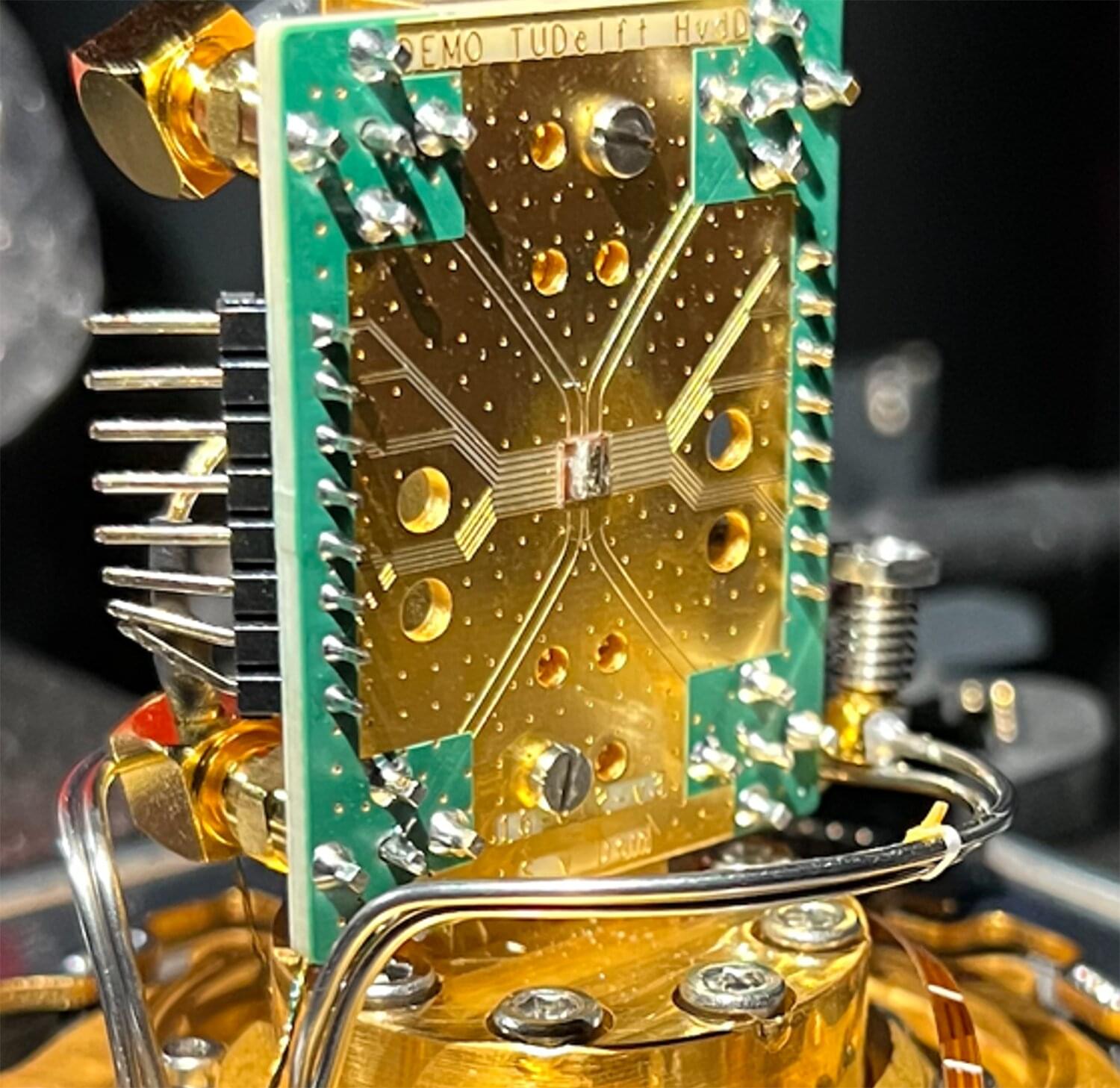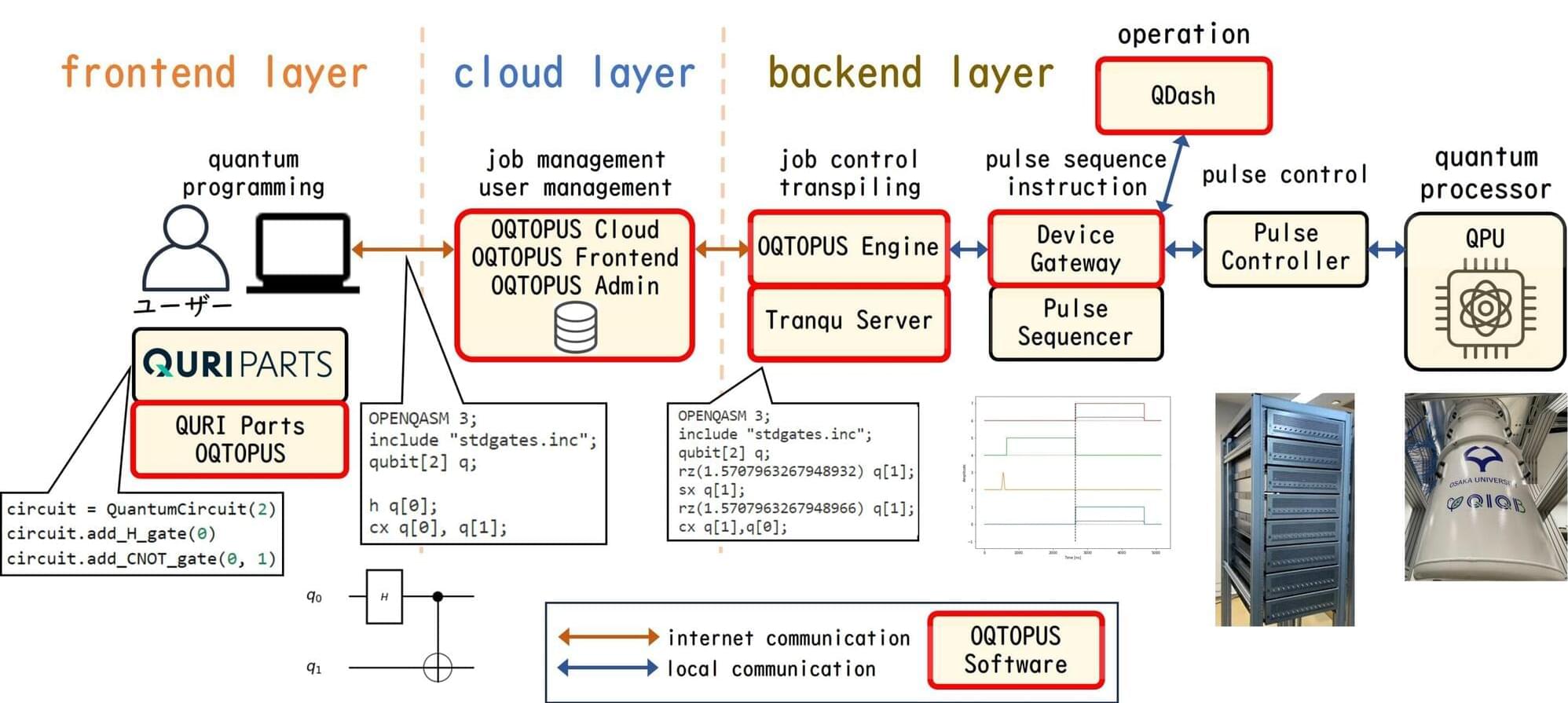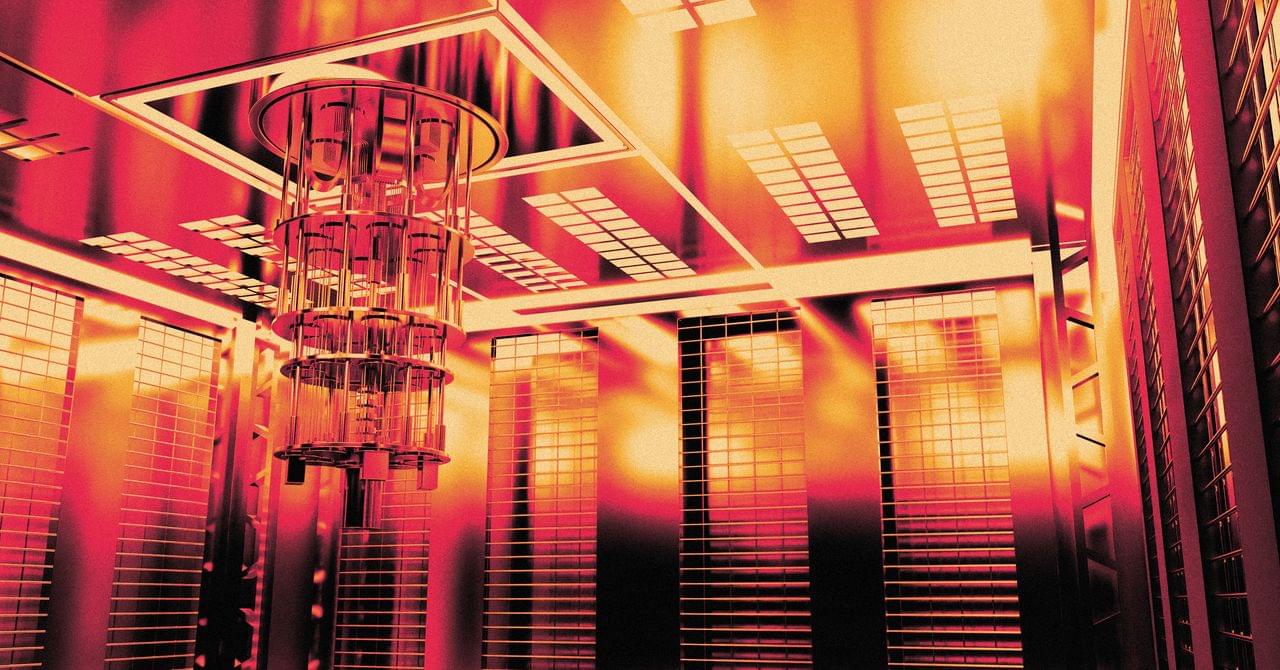What happens when a quantum physicist is frustrated by the limitations of quantum mechanics when trying to study densely packed atoms? At EPFL, you get a metamaterial, an engineered material that exhibits exotic properties.
That frustrated physicist is Ph.D. student Mathieu Padlewski. In collaboration with Hervé Lissek and Romain Fleury at EPFL’s Laboratory of Wave Engineering, Padlewski has built a novel acoustic system for exploring condensed matter and their macroscopic properties, all the while circumventing the extremely sensitive nature that is inherent to quantum phenomena. Moreover, the acoustic system can be tweaked to study properties that go beyond solid-state physics. The results are published in Physical Review B.
“We’ve essentially built a playground inspired by quantum mechanics that can be adjusted to study various systems. Our metamaterial consists of highly tunable active elements, allowing us to synthesize phenomena that extend beyond the realm of nature,” says Padlewski. “Potential applications include manipulating waves and guiding energy for telecommunications, and the setup may one day provide clues for harvesting energy from waves for instance.”
